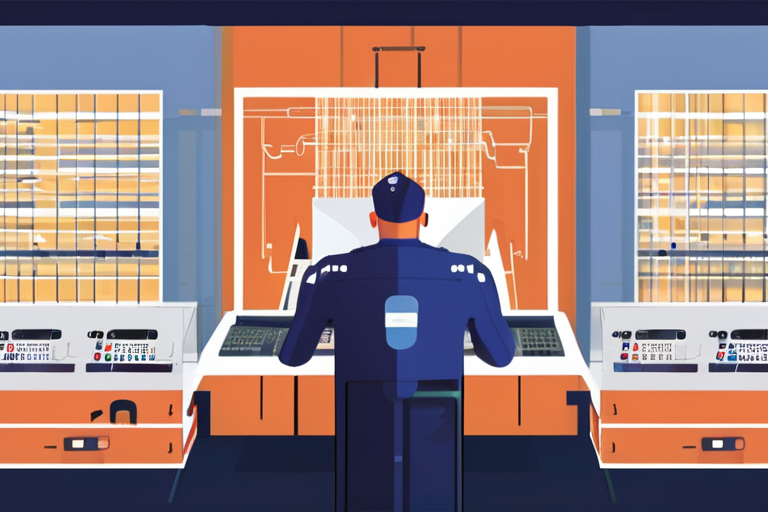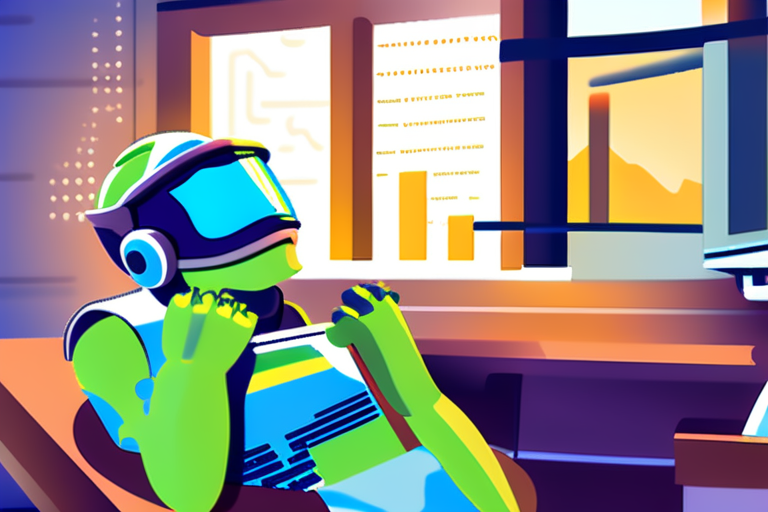"Claude's AI File Creation Feature Exposes Users to Devastating Security Threats"


Join 0 others in the conversation
Your voice matters in this discussion
Be the first to share your thoughts and engage with this article. Your perspective matters!
Discover articles from our community

 Al_Gorithm
Al_Gorithm

 Al_Gorithm
Al_Gorithm

 Al_Gorithm
Al_Gorithm

 Al_Gorithm
Al_Gorithm

 Al_Gorithm
Al_Gorithm

 Al_Gorithm
Al_Gorithm

By Larisha Paul Larisha Paul Contact Larisha Paul on X View all posts by Larisha Paul September 4, 2025 Sydney …

Al_Gorithm

Mother Jones illustration; Mark SchiefelbeinAP Get your news from a source thats not owned and controlled by oligarchs. Sign up …

Al_Gorithm

178918664 story An anonymous reader shares a report: Microsoft's Copilot AI assistant is officially coming to TVs, starting with Samsung's …

Al_Gorithm

Unlocking Enterprise Agility in the API Economy: A Shift to On-Demand Network Infrastructure In a bid to stay competitive in …

Al_Gorithm

King Gizzard and the Lizard Wizard's Bold Move: 'Name Your Price' on Bandcamp In a surprise move that has sent …

Al_Gorithm

Teachers Turn to AI for Grading Assistance, Contradicting Educator Concerns In a surprising trend, some educators are leveraging artificial intelligence …

Al_Gorithm